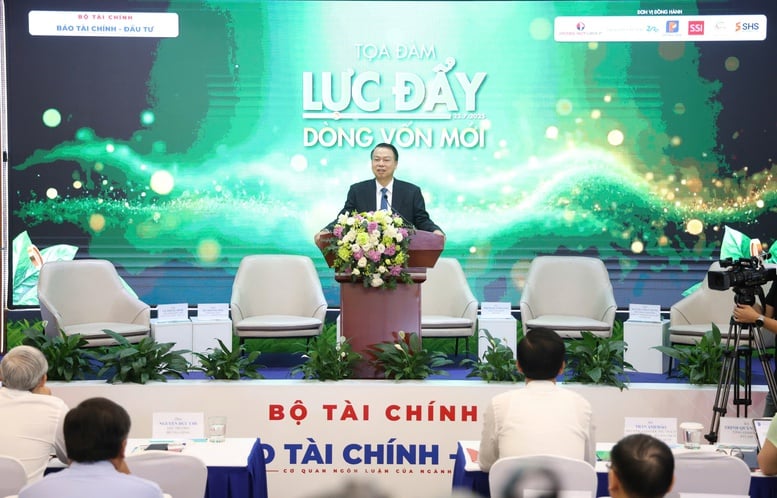
Seminar "New capital flow driving force" - Photo: VGP/HT
Legal and Infrastructure: The Foundation for a New Level
Speaking at the seminar "New Capital Flow Driving Force" on July 23, Deputy Minister of Finance Nguyen Duc Chi emphasized that after a quarter of a century, the Vietnamese stock market has built a legal corridor and a system of members with sufficient financial potential and professional capacity. From a few hundred initial investors, the market now has nearly 10 million accounts, including both domestic and foreign. Market capitalization has reached more than 60% of GDP, at times reaching 70%, demonstrating an increasingly important role in the economy.
Technology infrastructure has also been continuously invested in. The newly launched KRX information technology system has helped overcome the overload situation and at the same time met the increasing trading demand. Together with a team of professional market managers and a smoothly operating securities payment and transfer system, the market has operated safely and effectively. The Deputy Minister emphasized that the stock market is not only a "test barometer" of the economy but also an important medium- and long-term capital mobilization channel for businesses, supporting national growth.
In order for the market to break through, he asked relevant agencies to carefully review the 2019 Securities Law, the draft amendments for 2024 and the guiding decrees, clearly identifying legal bottlenecks that need to be amended. At the same time, it is necessary to discuss solutions to improve the quality and scale of goods, including considering allowing foreign-invested enterprises to list. He also suggested clarifying the strategy to increase the proportion of institutional investors, while training and improving knowledge for individual investors to create balance and stability.
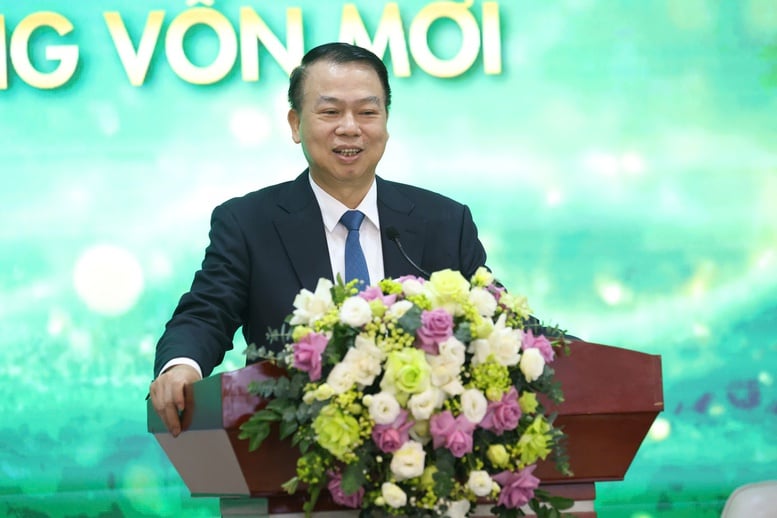
Deputy Minister of Finance Nguyen Duc Chi speaks at the Workshop - Photo: VGP/HT
Upgrading and developing investors: Challenges and opportunities
According to Mr. Bui Hoang Hai, Vice Chairman of the State Securities Commission, although it is a "young" market compared to ASEAN countries, Vietnam has made many strides. Last week, the liquidity of the Vietnamese stock market ranked first in Southeast Asia, surpassing even Thailand. "We have met the hard criteria for upgrading to emerging market status, but the soft criteria such as foreign investors' experience, transparency and accessibility still need to be improved," said Mr. Hai.
The State Securities Commission maintains exchanges with international investors and large funds to receive feedback. The majority have positive assessments of the legal framework and market development.
Mr. Bui Hoang Hai added that the draft Project on Developing Institutional Investors, which will be submitted to the Ministry of Finance, possibly this month, has proposed many solutions, from training investors to switch from "surfing" to long-term investment, to diversifying fund products to serve the diverse needs of different groups of subjects. In addition, the management agency will review and adjust the investment limit for each type to remove barriers for fund management companies.
Ms. Tran Anh Dao, Deputy General Director of Ho Chi Minh City Stock Exchange (HOSE), shared that the 25-year journey of the Vietnamese stock market has been marked by many milestones, from when there were only 2 stocks, to the period of joining the World Trade Organization, overcoming the 2008 financial crisis, and the explosion of online transactions during the COVID-19 pandemic. Currently, HOSE has 390 listed enterprises, with a capitalization of more than 3 million billion VND, representing many key economic sectors. The new KRX system is a platform that helps shorten the time to bring new financial products to the market and improve the trading experience.
Investment fund experts such as Ms. Trinh Quynh Giao (PVI Fund Management Joint Stock Company - PVI AM) and Mr. Nguyen Phan Dung (Fund Management Company under SSI Securities Corporation - SSIAM) said that to promote capital flows, it is necessary to focus on both domestic and foreign capital. With foreign capital, upgrading the market and improving the national credit rating will reduce borrowing costs and attract long-term capital flows. With domestic capital, the most important thing is to "unblock" rather than "attract". Vietnam has more than 76 trillion VND in bank deposits and a large amount of gold and digital assets, but this capital flow has not yet flowed strongly into production and investment. Ms. Giao emphasized: "If led by professional funds, resources from the people will be used effectively, helping businesses and the economy grow in the long term".
Mr. Nguyen Phan Dung added that tax policy will be an important guiding tool. Many countries exempt or reduce taxes for long-term investments through professional funds, creating a big boost for the market. If Vietnam applies the same, the attractiveness of the capital market will increase significantly for both domestic and foreign investors.
At the macro level, Ms. Dang Nguyet Minh (Dragon Capital Fund) commented that the Government's 2030 target - economic growth of over 10% and stock market size reaching 120% of GDP - is only feasible if financial reform goes hand in hand with infrastructure and technology investment. Ms. Minh believes that with the current policy determination, the Vietnamese stock market can be upgraded to emerging market status by FTSE Russell next September and even reach MSCI standards within the next 18-24 months.
Mr. Minh
Source: https://baochinhphu.vn/25-nam-chung-khoan-viet-nam-dong-luc-moi-dong-von-102250723193544989.htm



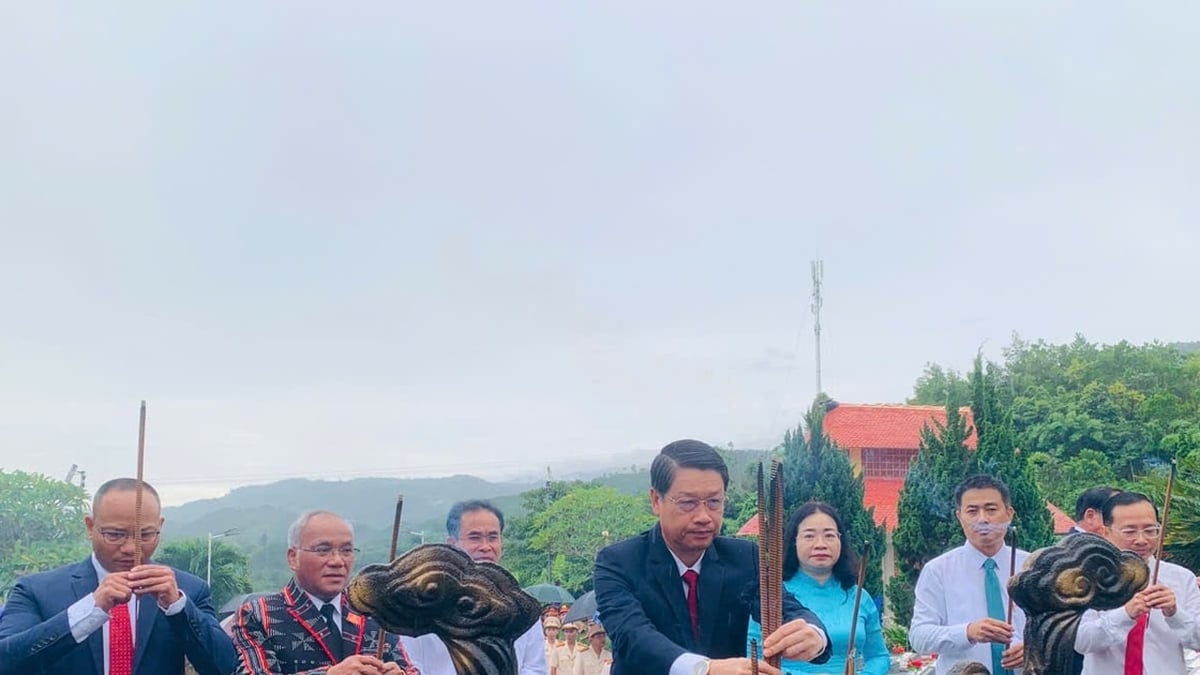
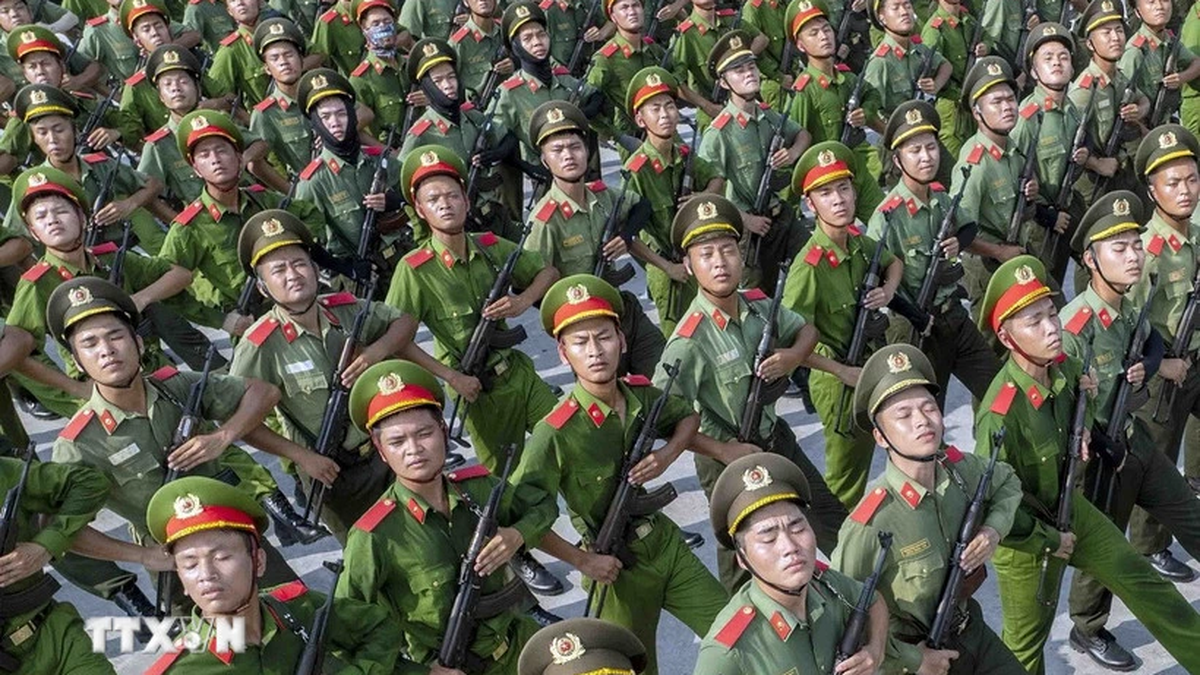
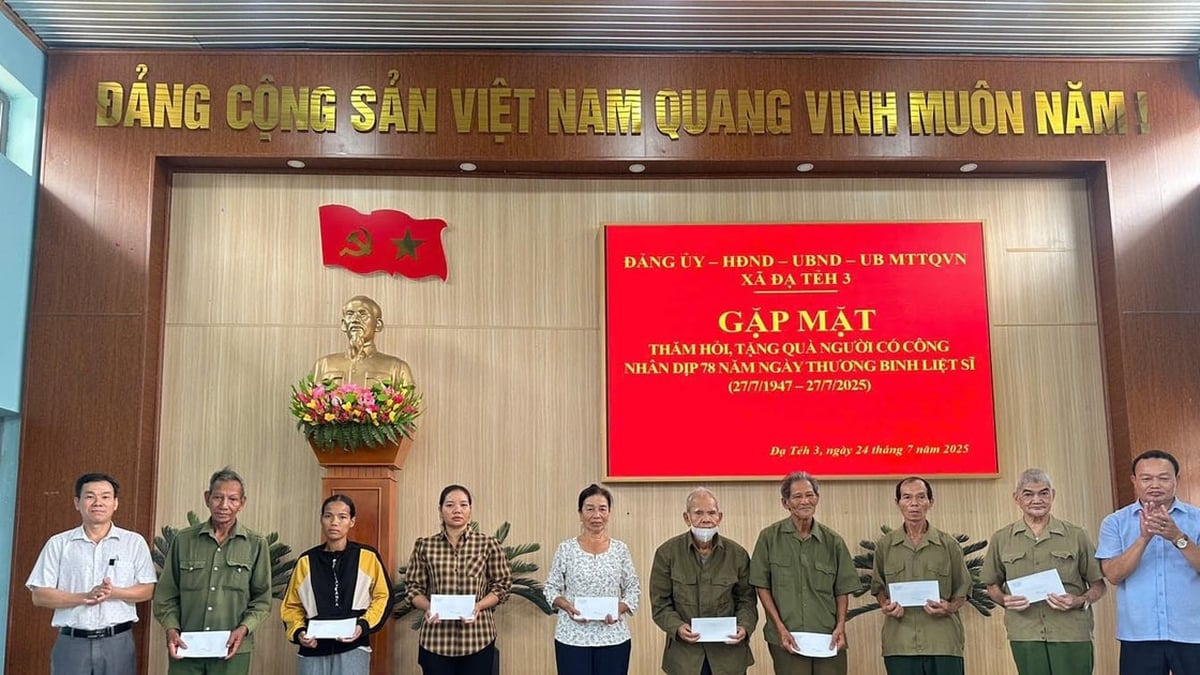
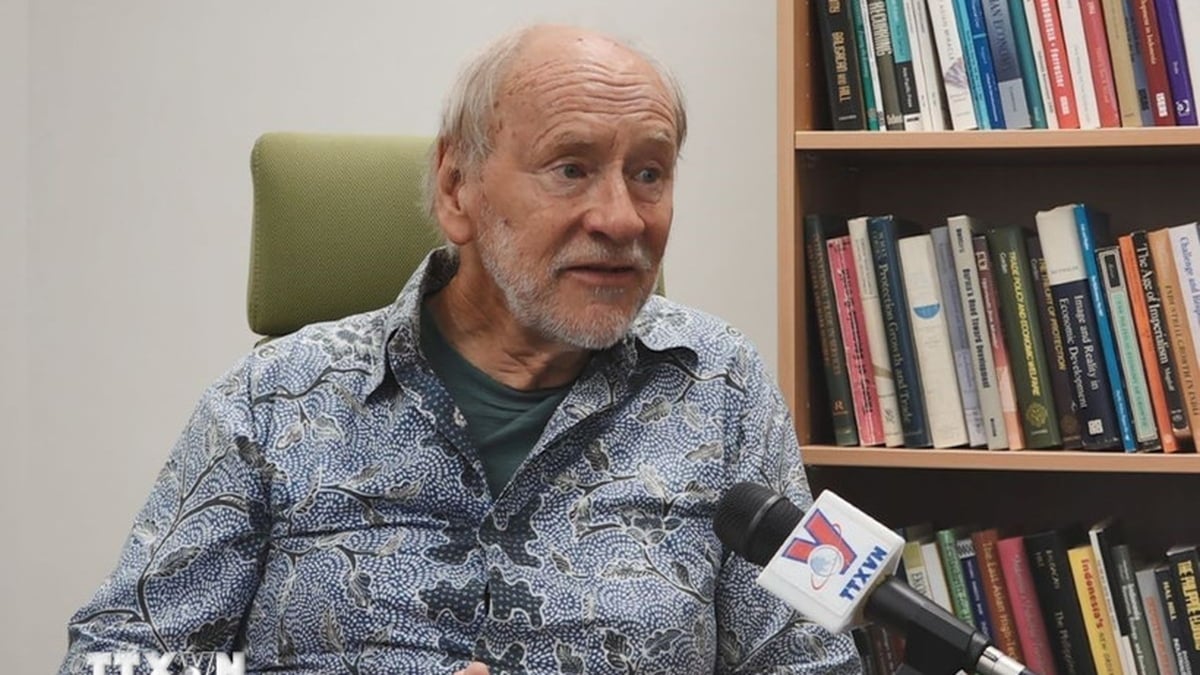

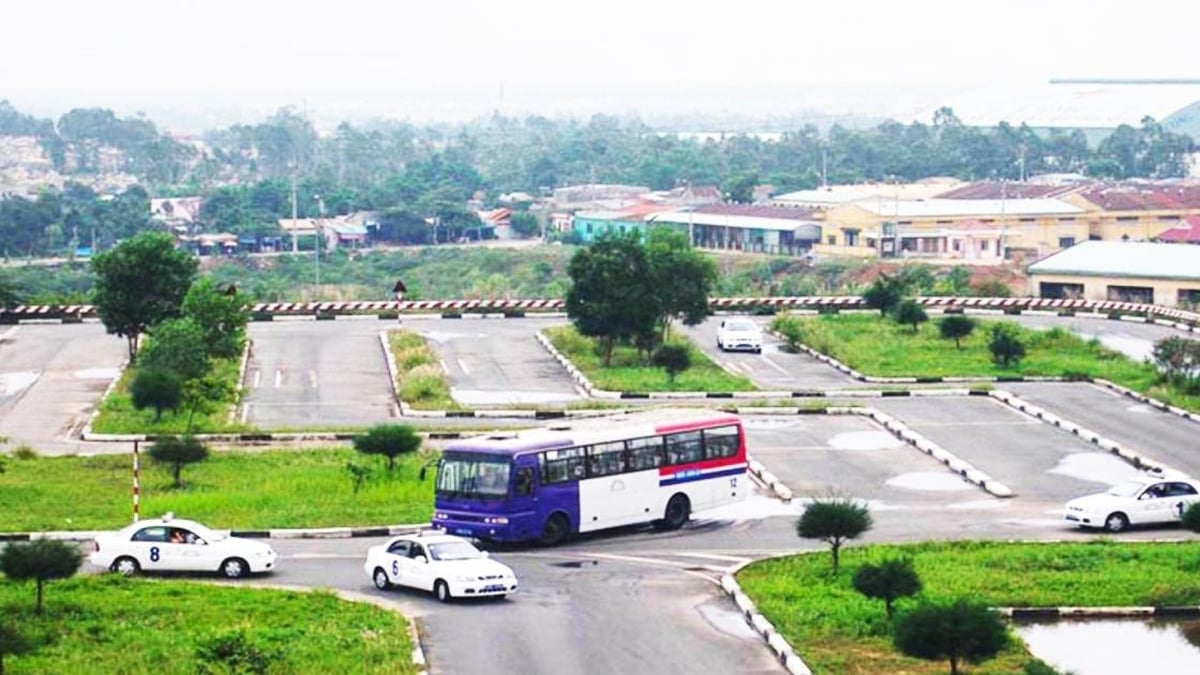
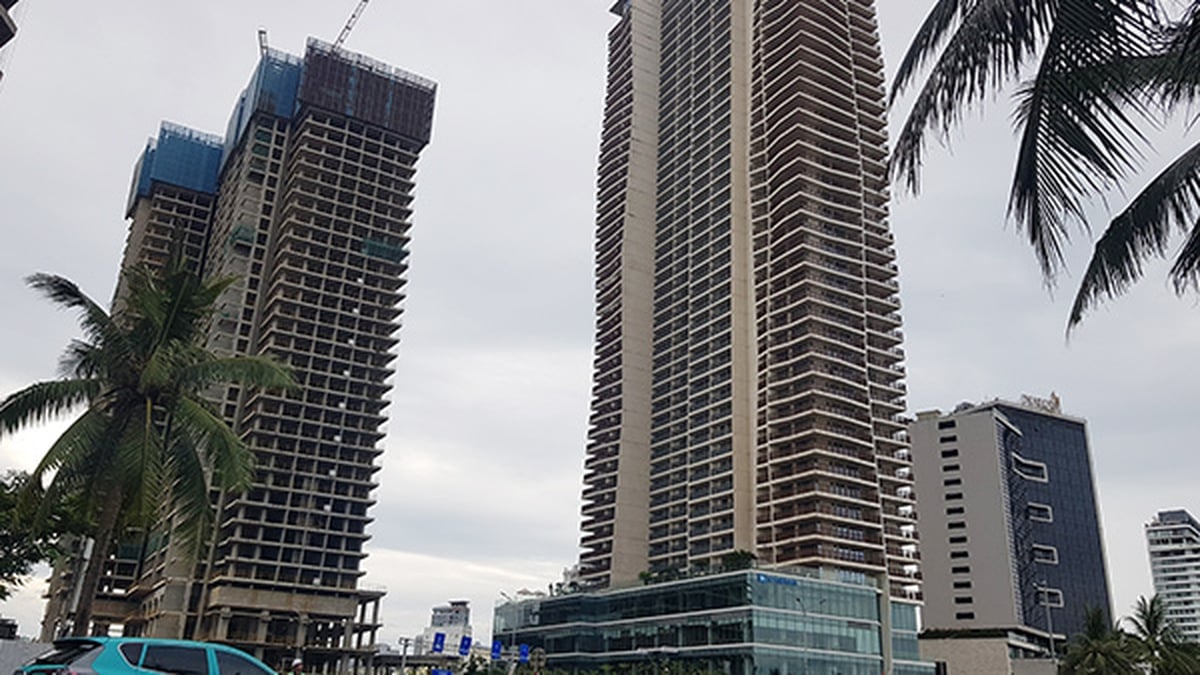
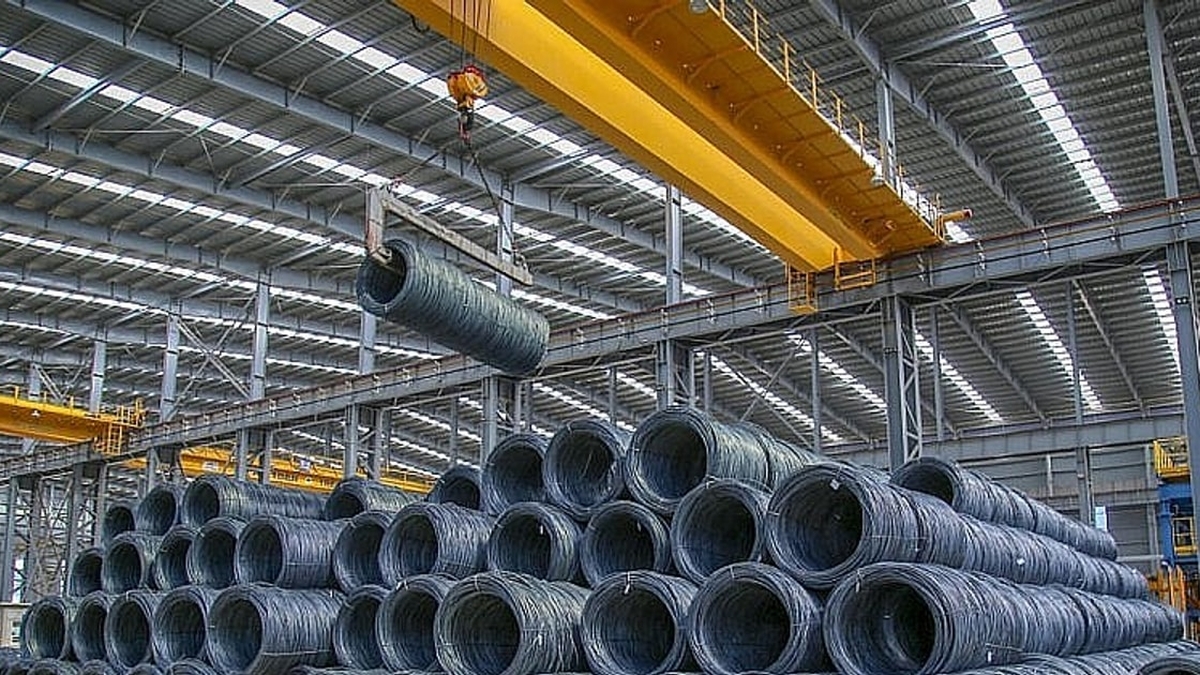
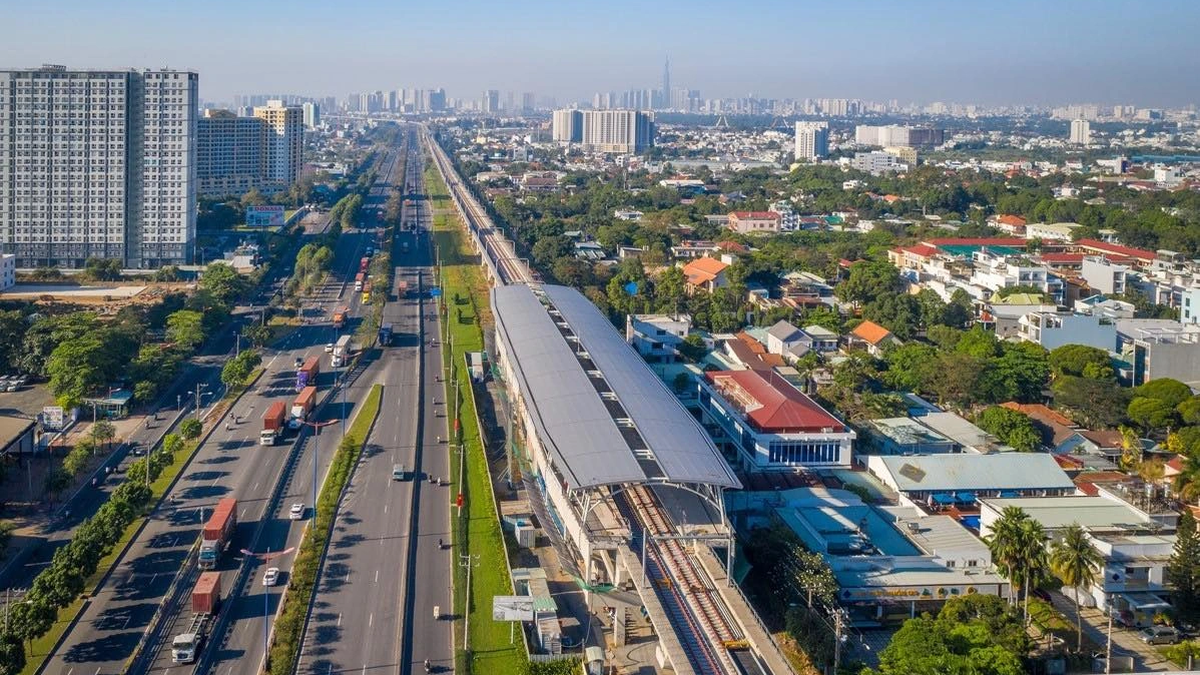

















![[Photo] Signing of cooperation between ministries, branches and localities of Vietnam and Senegal](https://vphoto.vietnam.vn/thumb/1200x675/vietnam/resource/IMAGE/2025/7/24/6147c654b0ae4f2793188e982e272651)


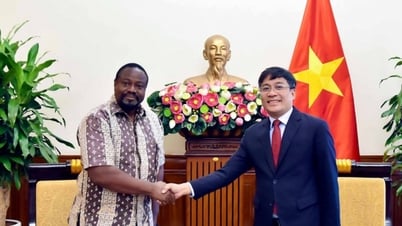

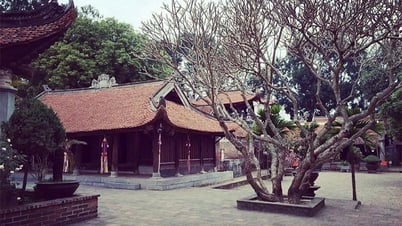







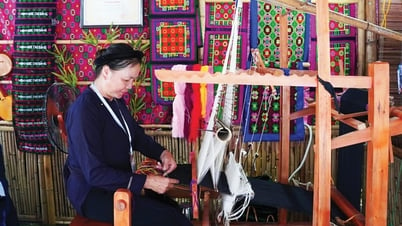





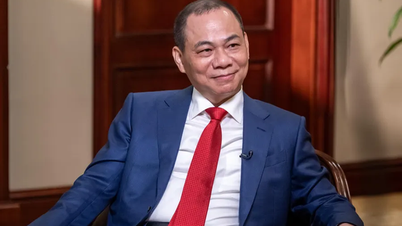









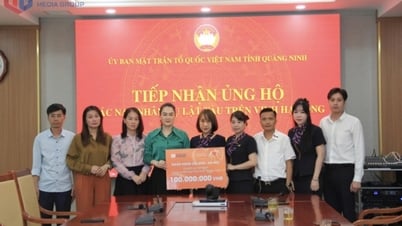





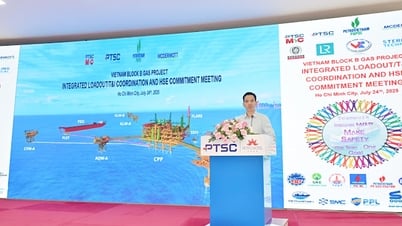



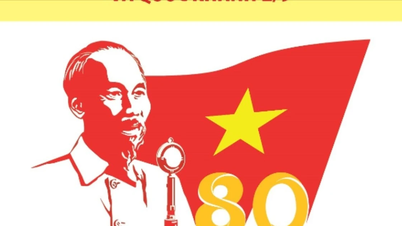
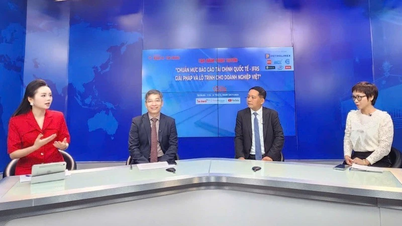
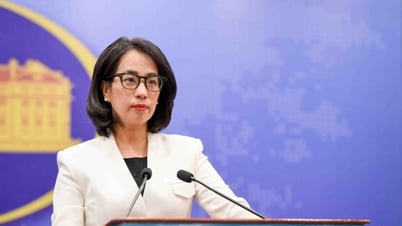






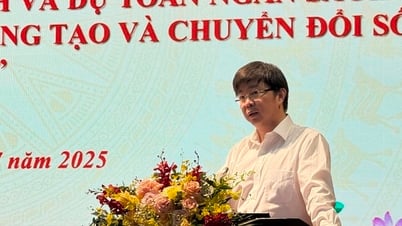

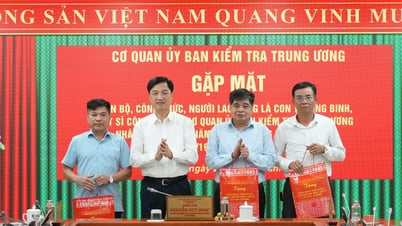












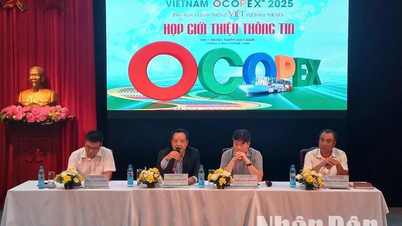

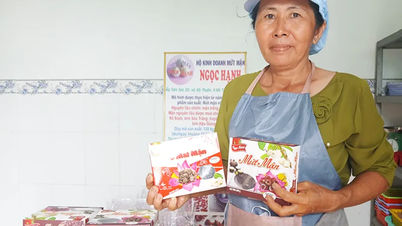





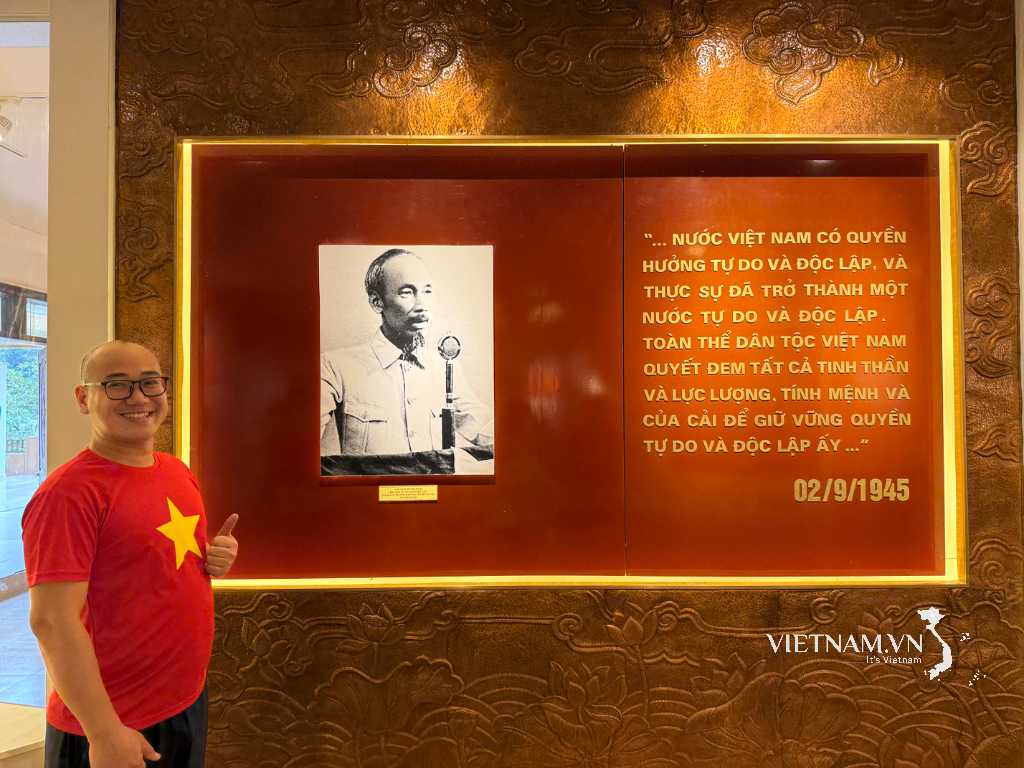


Comment (0)